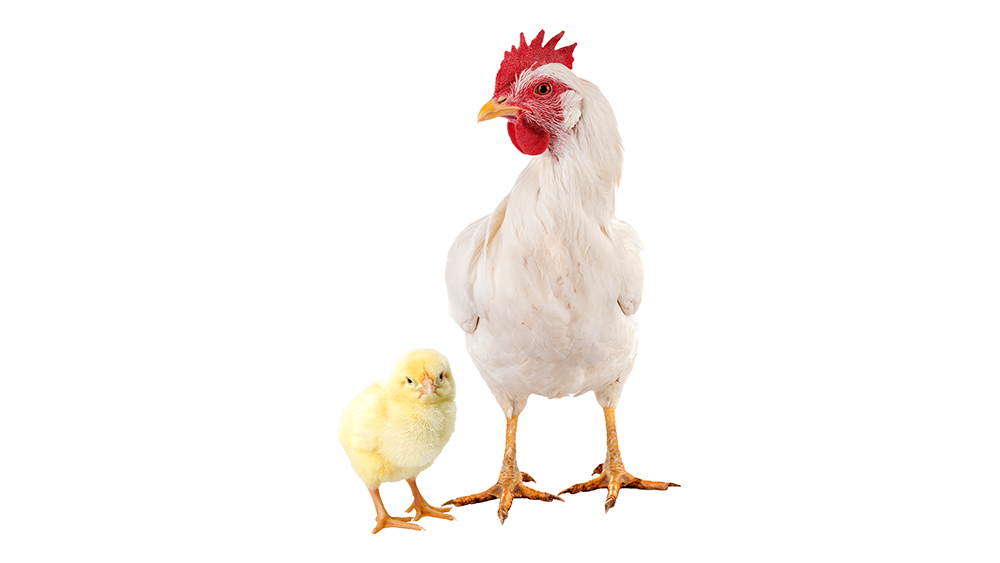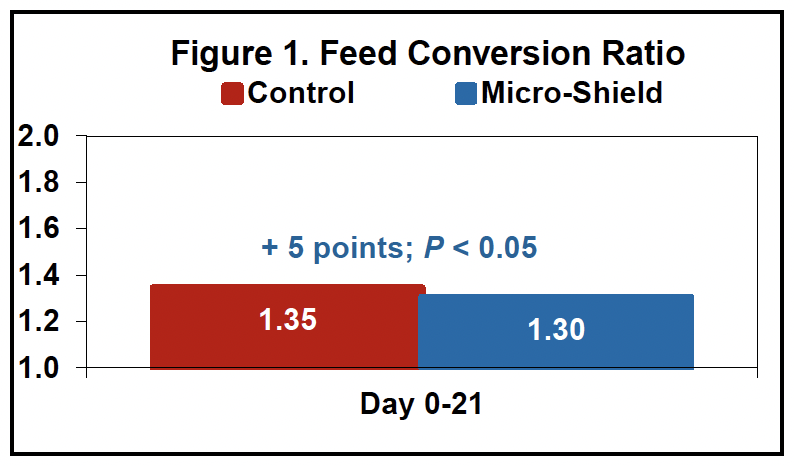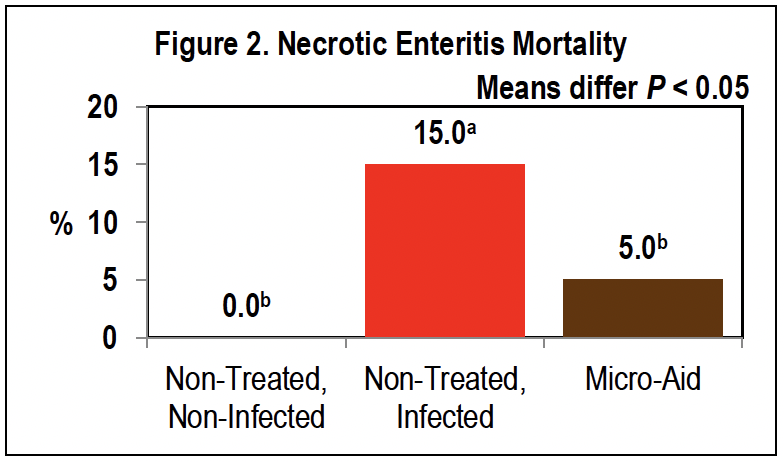
A Quality Start – Getting Chicks Started Right to Maximize Performance
T. J. Gaydos, Sabrina Hurst-Proctor, Bill Johnson and Mike Rincker
Veterinarians, nutritionists, and growers alike all agree that the first days on a poultry farm are the most critical time for their development. Those first days on the farm mark their transition from the hatchery and egg to the open environment. This is a difficult transition, and it is critical to give the birds the best chance to thrive in their new environment, until this point they are given their genetics, yolk nutrition, and immune system from the hen. From there, it is the job of producers to capitalize on that potential by providing the chick or poult the most opportunities for success. The key for brooding poultry is to prioritize the basics of animal husbandry; there are no secrets to successful starts.
When poultry are placed, they leave the relative cleanliness and climate control of the hatchery and enter a farm where there is a greater opportunity to encounter pathogens and a challenging environment. The most important husbandry technique to improve the immune status of poultry is to reduce the immunosuppressive effects of stress. Young poultry are not able to regulate their own body temperature; thus, providing an environment with the correct temperature and humidity that is free of drafts is critical. A low ammonia environment with well managed litter will also help the birds to have a strong start. Easy access to clean water and well manufactured feed is another area of focus to reduce stress.
The defenses of the young bird to pathogens are provided by both the innate immune system and the adaptative immune system of the hen. An appropriately matched maternal vaccine program is an important part of managing the early health of all species. These systems are supported by vaccines administered at the hatchery or early in the life of the bird on the farm.
From a nutrition perspective, there are several key factors that must always be of concern when starting baby chicks properly. It is essential that the nutrient package is more than adequate for the first 10 days. Consideration of specific ingredients that are ideally suited to the young animal because of their available nutrient profile can also be given. If accessible, animal protein sources at 3-5% in the first feed are an excellent source of essential amino acids. Use of this highly digestible ingredient minimizes the need to rely on soybean meal to provide 100% of the essential amino acids required at that age. Other alternative ingredients that are both nutrient dense and highly digestible can be used, but consideration should be given to quality and consistency of the nutrient profile.
Another very important nutrition issue is the grind size of the corn along with pellet quality. Some preference is given to a courser grind of the corn in the event that the pellet quality was not ideal. If the pellet is poor, then the resulting crumble can be of poor quality as well, which results in powdery feed for the young bird and can reduce early diet intake.
Once a quality feed is formulated and manufactured, the next issue for consideration is feed availability throughout the house Adequate supplemental feed, approximately 40g per chick should be provided either on paper or feed lids to ensure chicks can find the feed and get off to a great start. While results will vary with genetics, some industry data suggests that birds consuming 1.0 lbs of feed by 13-14 days of age will indicate that they are off to a good start. Early intake can be measured by checking crop fills. By 24 hours, greater than 95% of chicks should have full crops, with 100% crop fill by 48 hours. Turkeys have a target crop fill of greater than 80% at 8 hours. Chickens have the same target, but the earlier focus of the crop fill in turkeys speaks to the difficulty and extra care needed when starting poults. Crop fill is not only a measure of feed availability but also of bird comfort.
The health and performance of birds can also be supported by feed and water additives that promote health such as prebiotics, probiotics, and plant extracts. These types of additives interact with varying modes of action with the bird, pathogens, or microflora to promote health. The purpose of these additives is not to replace animal husbandry, biosecurity, or a well-designed vaccine program but to augment it.
Phytogenic feed additives (PFAs) are a broad category of bioactive compounds derived from various plants that are then added to poultry diets at recommended levels with the goal of improving bird health and performance. These PFAs are composed of various spices, fruits, herbs and other plant parts that serve as sources for the bioactive ingredients (e.g., saponins, polyphenols, flavonoids, etc.). The interest in PFAs coincides with a growth in the production of antibiotic free (ABF) poultry that has occurred over the last decade within the industry as nutritionist search for alternatives to antibiotic growth promoters.
Studies have shown that select saponins aid in maintaining a healthy balance in the gastrointestinal microbiota, which allows for ideal nutrient use, enhances gut health, and improves animal performance; especially during challenges presented by pathogenic bacteria and protozoa. Polyphenols prove to be powerful antioxidants by preventing oxidative stress, resulting in improvements in both animal health and performance.
Antibiotic free production has presented a whole new set of challenges for managers in all aspects of production. Quite simply, the management of these flocks presents greater disease control challenges. As a result, field treatment of birds that have broken with a disease via the drinker/water medicator system has become a common management practice. Given that many of these PFAs are also available in a liquid form, plant-based solutions that can be administered through the drinking lines present a rapid and effective treatment solution during health challenges or outbreaks.

Research by DPI GLOBAL, a leader in the development of phytogenic technologies since its beginning in 1965, with two of its key technologies like Micro-Shield® and Micro-Aid® has consistently demonstrated a positive impact on chick performance and health during those early stages of growth. Micro-Shield® is an all-natural technology composed of select botanicals that are rich in saponins and polyphenols, containing antioxidant properties. This powerful blend promotes gastrointestinal health and reduces the effect of free radicals due to a variety of stressors, especially in the young chick. Micro-Aid® is a more concentrated source of bioactive saponin compounds that has been proven through extensive research to benefit the health, performance and environment of the bird.

As shown in Figure 1, a positive impact on broiler feed conversion during the early stages of growth was observed when Micro-Shield® was included in the diet. In more specific health challenges, Micro-Aid® supplementation to the broiler diet minimized the mortality of birds due to necrotic enteritis (Figure 2).
Having everyone aligned with the goal of achieving a quality start for chicks and poults is key to maximizing performance throughout the entire growth cycle. While it may sound simple, prioritizing the basics of animal husbandry as they relate to management, nutrition, and health will get them started right!

